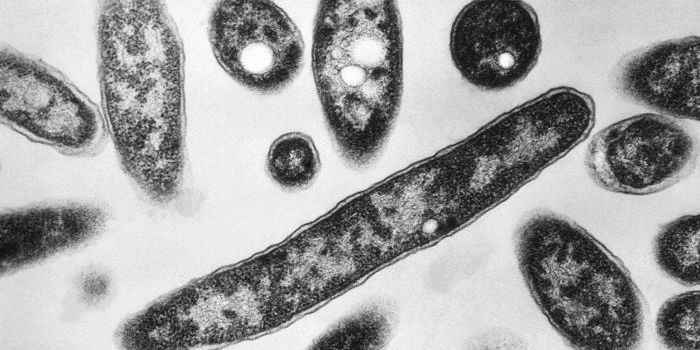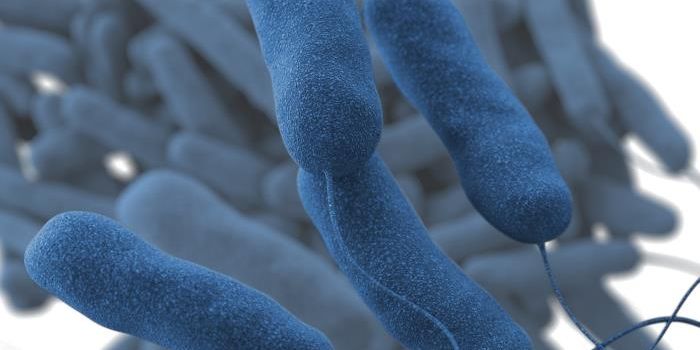A Causal Connection Between C-Section Births & Food Allergies
The microorganisms that live in the human gut have a powerful influence on our health, and that microbial community is with us since birth, maybe even before that. A person's microbiome is also known to be affected by how they are delivered. Researchers are learning more about how changes in the gut microbiome in early life can have a lasting impact. Now, researchers have shown that delivery by cesarean section (C-section), low levels of gut microbes, and peanut sensitivity are causally linked. This effect also seems to be more prevalent among kids of Asian descent. The findings have been reported in Gastroenterology.
"It's important to know what predicts or increases [the] risk of food sensitivities because they predict which infants will go on to develop asthma and other types of allergies," noted senior study author Anita Kozyrskyj, a pediatrics professor at the University of Alberta's Faculty of Medicine & Dentistry.
In this work, the researchers used stool samples to assess the gut microbes of 1,422 infants enrolled in the CHILD Cohort Study; the samples were taken when the kids were around three or four months old and then again at twelve months. The children also got skin pricks at one and three years old to determine their allergen sensitivity to stuff like milk, eggs, and peanuts.
The study revealed four typical profiles of development in the infants' microbiomes. In one profile that was most common among babies born by C-section, there were persistently low levels of a type of bacteria called Bacteriodes, a bacterial species that's thought to be crucial to the development of the immune system. In children with low Bacteroides levels, the risk of developing a peanut sensitivity by the age of three was increased three-fold. In children of Asian descent, the risk went up eight-fold. There were also lower levels of proteins called sphingolipids that are involved in cell signaling, including in the immune system. These proteins tend to come from gut bacteria.
Statistical tools can sometimes help researchers differentiate between things that are linked, and things that have a cause-and-effect connection.
"In this case, we observed that there was an association between Asian ethnicity and peanut sensitivity, and then the mediation analysis provided additional evidence for the causal association with cesarean section," explained Kozyrskyj. She also noted that children that have a sphingolipid deficiency in immune cells might be more likely to develop food allergies.
"As the gut microbiota are developing so is the gut's immune system, training the gut to react to pathogens and to be tolerant of the food that we require," she explained.
Food allergy rates are increasing in western countries, which Kozyrskyj suggested is probably due to environmental factors. "In China food allergies are uncommon, but those who immigrate to Canada face a higher risk and more severe form of allergic disease," she said. "It's likely related to a change in diet and environment."
Now the research has to be replicated, she noted.
Tests assessing the efficacy of vaginal swabs or probiotic treatments after C-section birth have not been successful. For now, it may be important to avoid C-sections unless they are medically necessary. "With this evidence at hand, the parent and the obstetrician might choose a different birth mode," she said.
Sources: Science Daily via University of Alberta Faculty of Medicine & Dentistry, Gastroenterology









